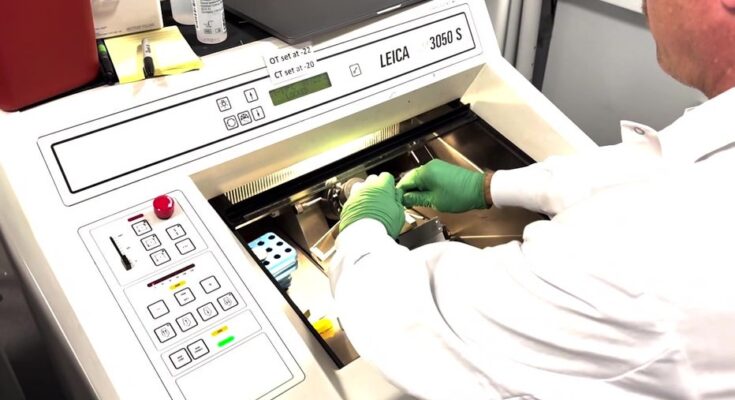Seattle – A new year marks new research into brain health and well-being. On January 1, the Allen Institute published its largest study to date on aging brain cells in animals. The scientists said that these discoveries could help unlock ways to keep the mind sharp, longer.
This latest study at the Allen Institute provides insight into brain aging, and how diet, inflammation and brain health are deeply connected. This study was funded by the National Institutes of Health (NIH).
Scientists analyzed more than 1.2 million brain cells from mice, young and old. They explained that they used mice because their brains are similar to humans in structure, function, genes and cell types. Experts said that old mice are considered the same as humans in recent years.
The new study took a closer look at identifying certain types of cells, especially glial cells (the brain’s support system), and how those cells change as they age.
They also focused on “hot spots” where changes occur in brain cells. The representatives said that the scientists discovered an accelerator of aging, saying, “In the brain of elderly people, inflammation goes into overdrive while genes important for brain structure and function decline. This imbalance sheds light on how aging increases disease risk.”
While studying the cells, they also discovered the aging point of the brain: the area near the third ventricle of the hypothalamus. That area of the brain is very important in controlling the way food is eaten, metabolism and the way the body uses nutrients. That epicenter, also called a “hot spot,” suggests a strong connection between diet, lifestyle, brain health, and changes that may influence vulnerability to age-related brain problems .
Kelly Jin, Ph.D., a scientist at the Allen Institute for Brain Sciences and lead author, Kelly Jin, Ph.D. the study. “And that loss of ability somehow contributes to what we know as aging throughout our bodies. I think it’s really amazing, and I think it’s amazing that we’re able to find changes that very specific about the methods we use.”
The Allen Institute said that understanding findings in that hot spot will be key to future studies. Not only does it help scientists determine which cells to target, but experts say it could also lead to the development of age-related treatments. This includes unlocking specific dietary or drug strategies to maintain brain health into old age.
“Aging is the most important risk factor for Alzheimer’s disease and many other brain-damaging disorders. These results provide a very detailed map of which brain cells may be most affected by aging,” the said Richard J. Hodes, MD, director of the NIH’s National Institute. on Aging. “This new map could dramatically change the way scientists think about how aging affects the brain and provide guidance for developing new treatments for age-related diseases.”
Allen Institute discoveries have been published in Nature, an international weekly journal that highlights all aspects of science and technology from leading researchers.
MORE NEWS FROM FOX 13 SETTLE
4 was found dead in Graham’s home, deputies are investigating
The new 2025 WA rules will come into effect on January 1
The new Seattle restaurants residents are looking forward to by 2025
Seattle concerts we’re looking forward to in 2025
What’s open, closed on New Year’s Day in Seattle
A New Year in Seattle means new salary requirements
For free local news, weather and sports in Seattle, sign up daily FOX Seattle Newsletter.
Download the free FOX LOCAL app for mobile at Apple App Store or Google Play Store for Seattle news, top stories, weather updates and other local and national news, as well as 24/7 news from around the country.
#discoveries #Seattle #scientists #manage #brain #aging



